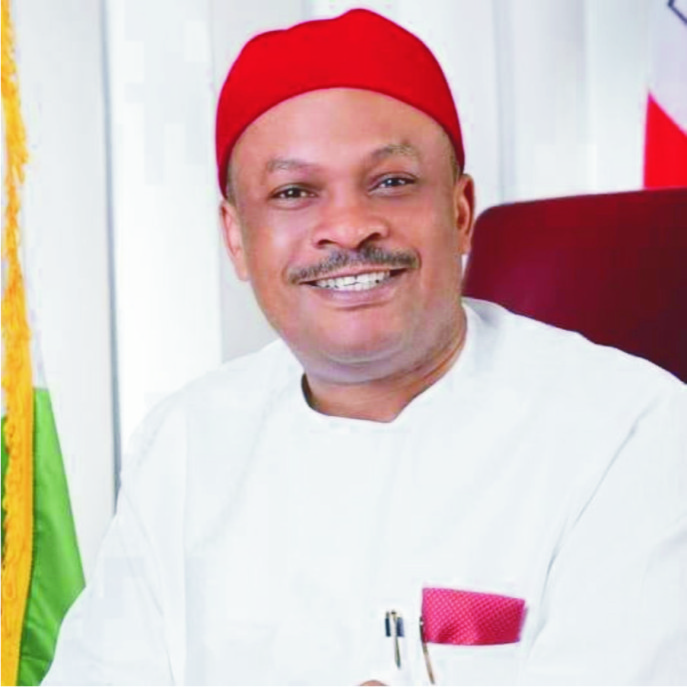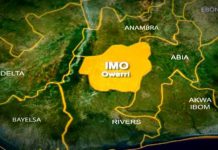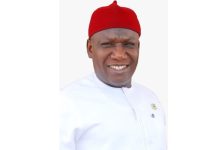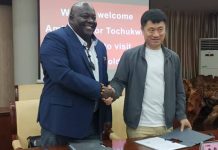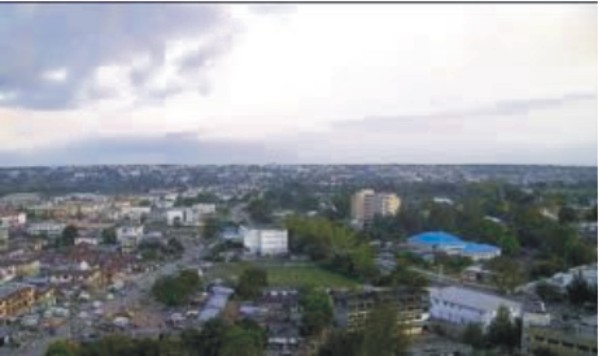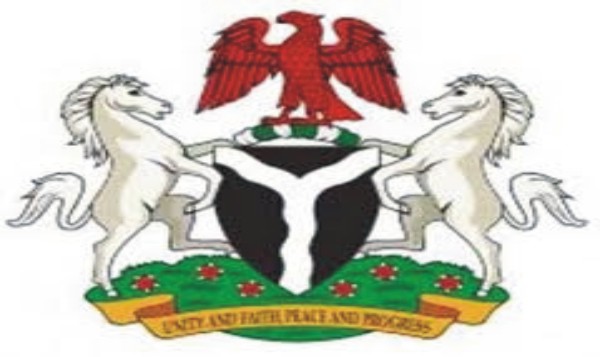
As always in Nigerian politics, the political repositioning for 2015 inImoState may have started. Though the pace may vary with time; and activities to that effect barely visible, but surely the process to the next election has been set in motion in a lot of areas. Politicians and political blocs can hardly wait for any other time but now to kick-start their ground work to the next election. Hence, in most political locations, the clamour for who gets what in 2015 is gradually moving to the front-burner.
In some areas what may presently be considered a quiet clamour may soon turn to loud agitations, if leaders and stakeholders do not bring justice, equity and fairness to the table.
Presently, Imo North Senatorial district, otherwise known as Okigwe Zone, to this regard, is an area of interest.
Okigwe zone is made up of six local government areas which
are Okigwe, Onuimo, Ehime Mbano, Isiala Mbano, Ihitte Ub na and Obowo. It has two Federal constituencies Okigwe North and Okigwe South.
While Okigwe North is made up of Isiala Mbano, Okigwe and
Onuimo, Okigwe South is made up of Ehime Mbano, Ihitte
Uboma and Obowo.
In recent times, there have been growing disquiet over perceived marginalization of sections of the zone in the occupation of the highest legislative office in the area- the Imo North Senatorial seat.
These apparently genuine clamours have precipitated parleys, consultations and in some circles, confrontations. According to Chikwem Onuoha, a leader in the area and former Deputy Chief of Staff (DCS) to the Imo state Government, since the creation of Imo State in 1976, Ihitte Uboma, Okigwe and Onuimo council areas have not occupied the senate seat of Okigwe zone.
Ehime Mbano he said, has produced Senator Emeka
Echeruo, Isiala Mbano has produced Senator B.C. Agunanne
and Senator Ifeanyi Araraume while Obowo has produced
Senator Sylvester Anyanwu and Senator Matthew Nwagwu.
In line with the claims of marginalization the prevailing issue of discourse in Okigwe zone presently is which Federal Constituency and local government area should produce the next Senator for Okigwe zone come 2015.
As to Federal Constituency, Onuoha explained that by 2015 Okigwe South Federal Constituency would have done eight uninterrupted years on the seat with Senator Sylvester Anyanwu having occupied the seat from 2007-2011 and the incumbent, Senator Matthew Nwagwu who assumed office in 201’s. expected to serve out his term in 2015.
“In the spirit of brotherliness and equity and in the interest political equilibrium, it is expected that Okigwe North Federal Constituency would produce the next Senator for Imo North”, he stated.
As for the local government area in Okigwe, North expected to produce the Senator for Okigwe zone, a few compelling facts would suffice.
The former DCS recalled that in the history of Okigwe North, only Isiala Mbano has occupied the Senate seat of the zone through Senator B.C. Agunanna (1993) and Senator Ifeanyi Araraume (1999-2007).
It therefore follows that natural justice, fairness and good
Conscience demand that the choice of which local
government area in Okigwe North should produce the next
Senator for Okigwe zone should lie in the domain of Okigwe
LGA and Onuimo LGA both of which have never occupied the
Senate seat since the creation of Imo State in 1976.
Said he, “The continued lopsidedness in the occupation of the Okigwe senate seat renders some council areas vulnerable and our argument is to ensure that each of the council areas have an equitable opportunity to bring development to their respective council areas.”
“It is therefore my informed view, the position of my campaign organization and the opinion of prominent leaders and men of goodwill in Okigwe zone and Okigwe North in particular that the choice for the senate seat of Okigw zone 2015 should revolve around Okigwe and Onuimo LGAs in the spirit of oneness and kinship.”
Onuoha enjoined leaders and stakeholders of the area to embrace ideologies that foster unity and brotherliness and stand against efforts to complicate their mutual terms of equity and existing progressive political calculations.



